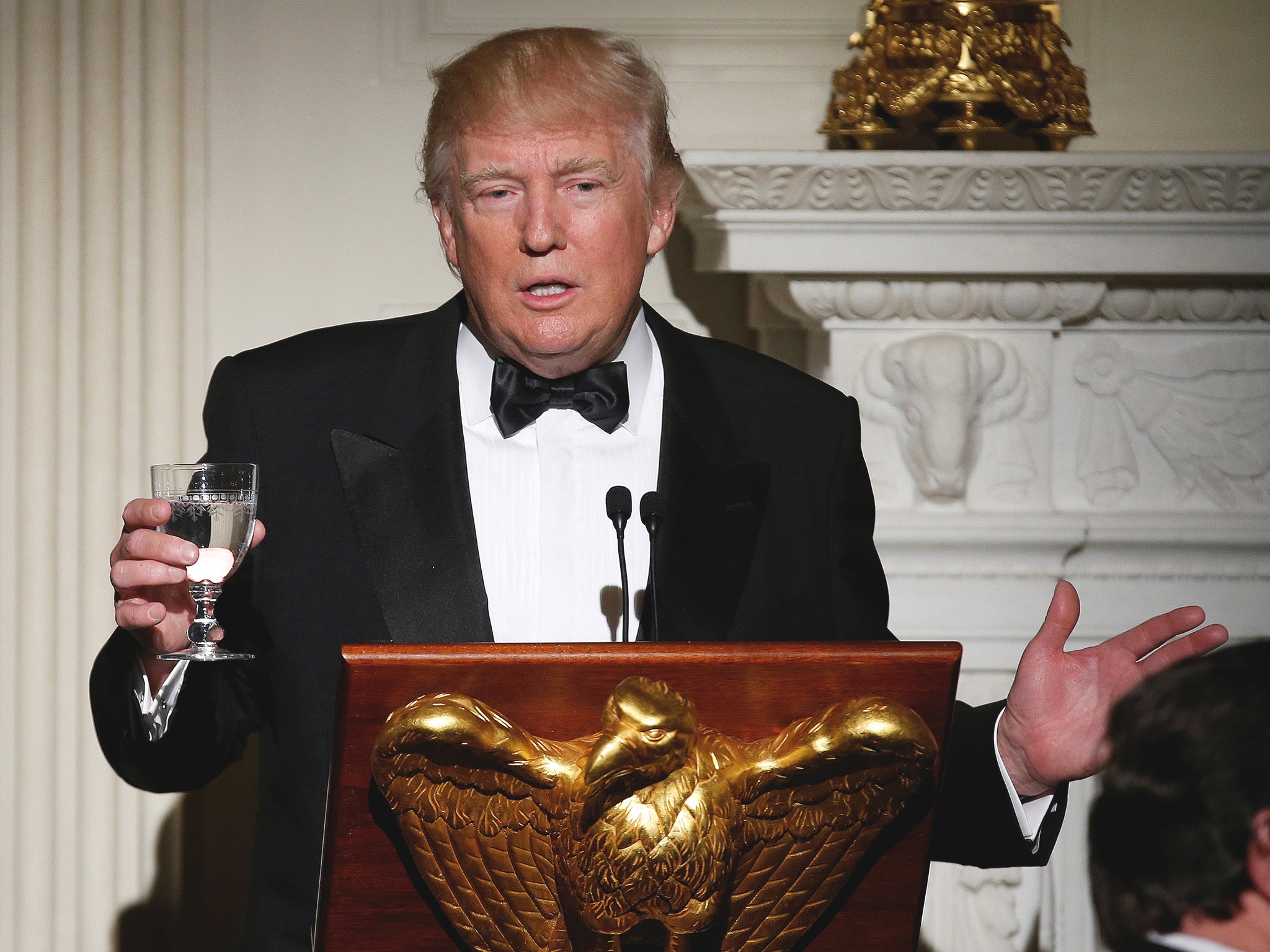People's names decide what they're like, finds study on how good people are at guessing what people are called
The findings suggest that parents should be careful when they name their children

Your support helps us to tell the story
From reproductive rights to climate change to Big Tech, The Independent is on the ground when the story is developing. Whether it's investigating the financials of Elon Musk's pro-Trump PAC or producing our latest documentary, 'The A Word', which shines a light on the American women fighting for reproductive rights, we know how important it is to parse out the facts from the messaging.
At such a critical moment in US history, we need reporters on the ground. Your donation allows us to keep sending journalists to speak to both sides of the story.
The Independent is trusted by Americans across the entire political spectrum. And unlike many other quality news outlets, we choose not to lock Americans out of our reporting and analysis with paywalls. We believe quality journalism should be available to everyone, paid for by those who can afford it.
Your support makes all the difference.What's in a name? Everything, it turns out.
People have a strange ability to guess people's name based only on their face, according to new research. And they seem to be able to do so because people might change how they look to suit their name.
Herbert's might be a little dim and then act in accordance with their name, the research indicates. The findings suggest that parents should be careful about how they name their children – because they might also be choosing how they look.
In a series of tests, hundreds of student volunteers in France and Israel were shown a photograph of a face and asked to select a corresponding name from a choice of four or five.
Every time, participants were significantly better at matching the name to the face than would be expected by random chance.
On between 25% and 40% of occasions they got it right. Purely on the basis of chance, they should have only been 20% - 25% accurate.
Dr Ruth Mayo, one of the researchers from The Hebrew University of Jerusalem, said: "These findings suggest that facial appearance represents social expectations of how a person with a particular name should look.
"In this way, a social tag may influence one's facial appearance. We are subject to social structuring from the minute we are born, not only by gender, ethnicity and socio-economic status but by the simple choice others make in giving us our name."
The influence of cultural stereotypes was confirmed when the volunteers were given a mix of French and Israeli faces and names.
French students outperformed random chance only when they were asked to match French names. Similarly, Israeli participants were better at matching only Hebrew names and Israeli faces.
Lead author Yonat Zwebner, also from the Hebrew University, said: "We are familiar with such a process from other stereotypes, like ethnicity and gender where sometimes the stereotypical expectations of others affect who we become.
"Prior research has shown there are cultural stereotypes attached to names, including how someone should look. For instance, people are more likely to imagine a person named Bob to have a rounder face than a person named Tim.
"We believe these stereotypes can, over time, affect people's facial appearance."
In a bizarre twist, the scientists were able to train a computer to match names to faces even more accurately than the human volunteers.
Programmed to pick names for more than 94,000 faces, the learning algorithm achieved an accuracy rate of 54% to 64%.
The research is published in the Journal of Personality and Social Psychology.
Additional reporting by Press Association
Join our commenting forum
Join thought-provoking conversations, follow other Independent readers and see their replies
Comments